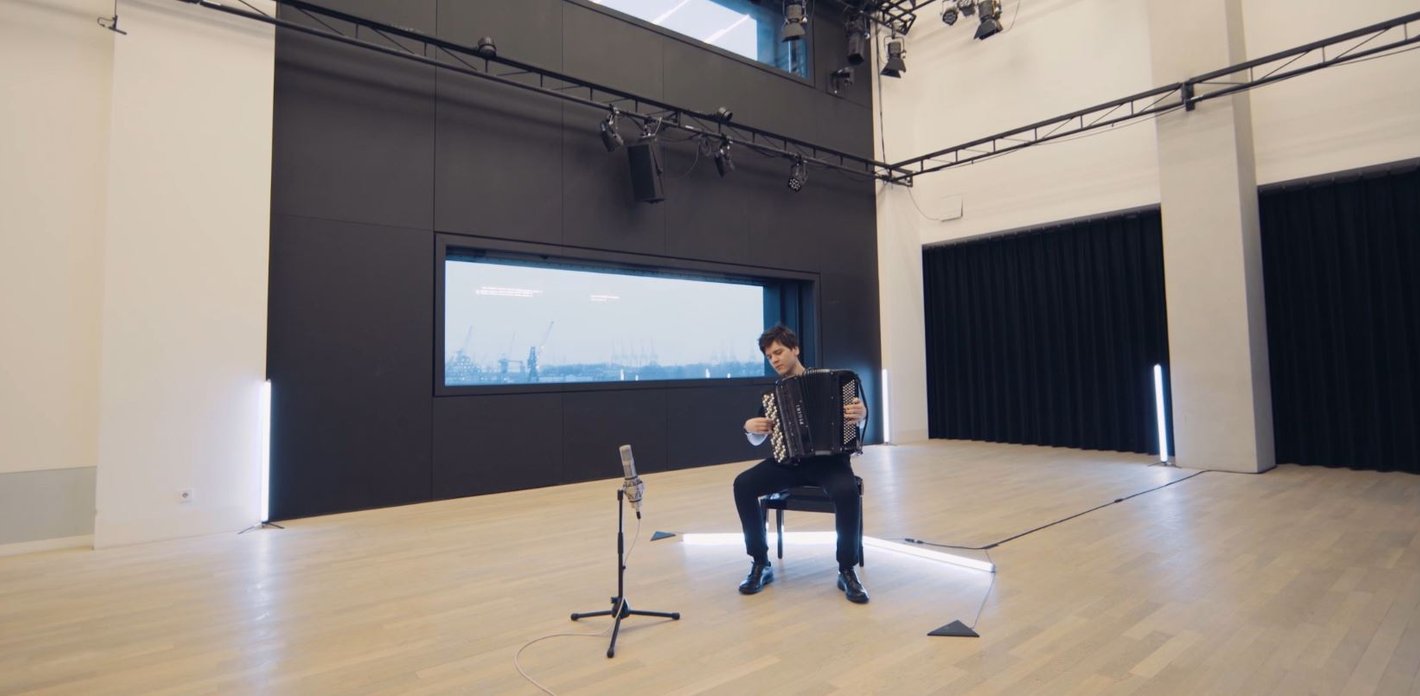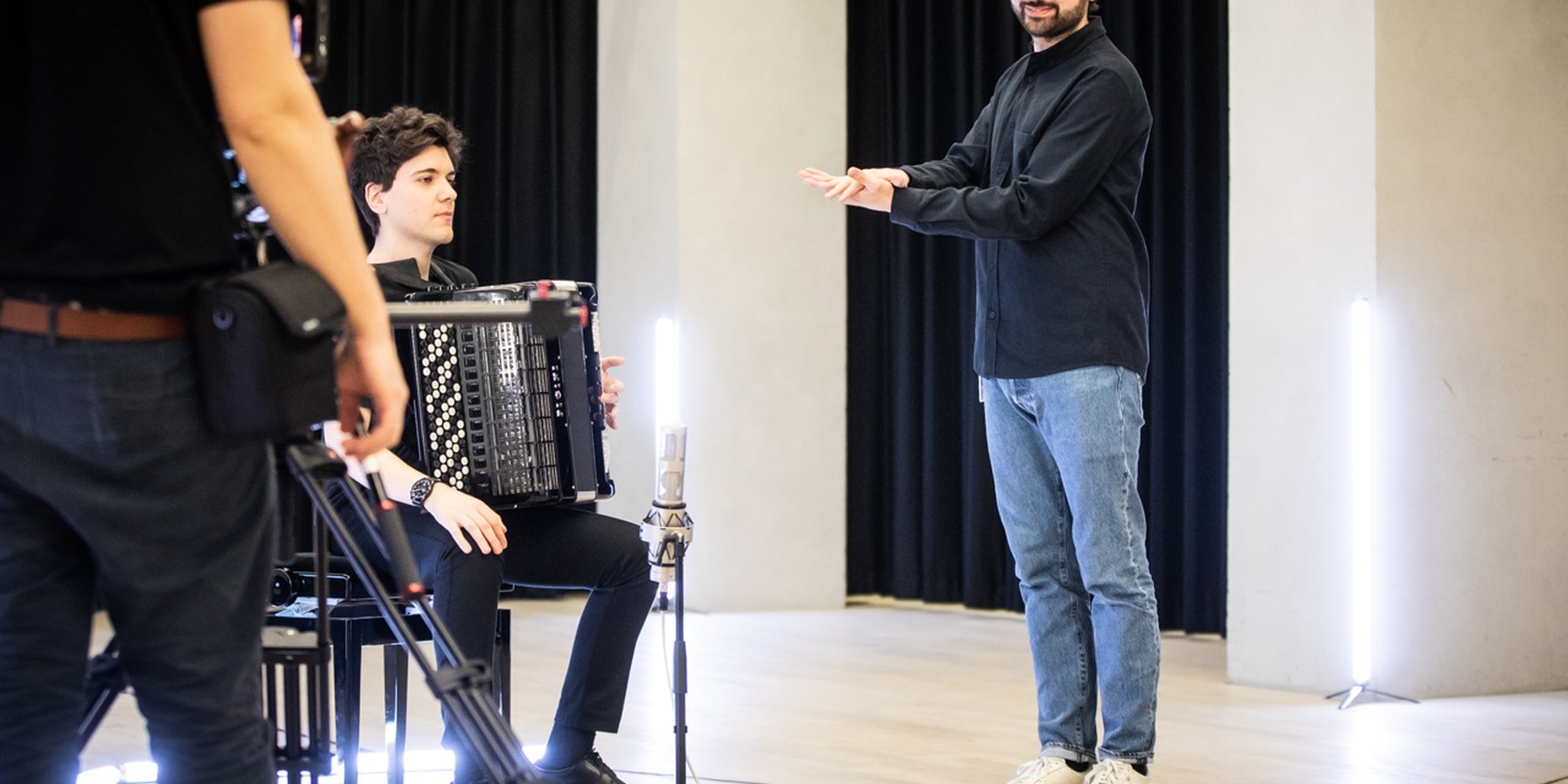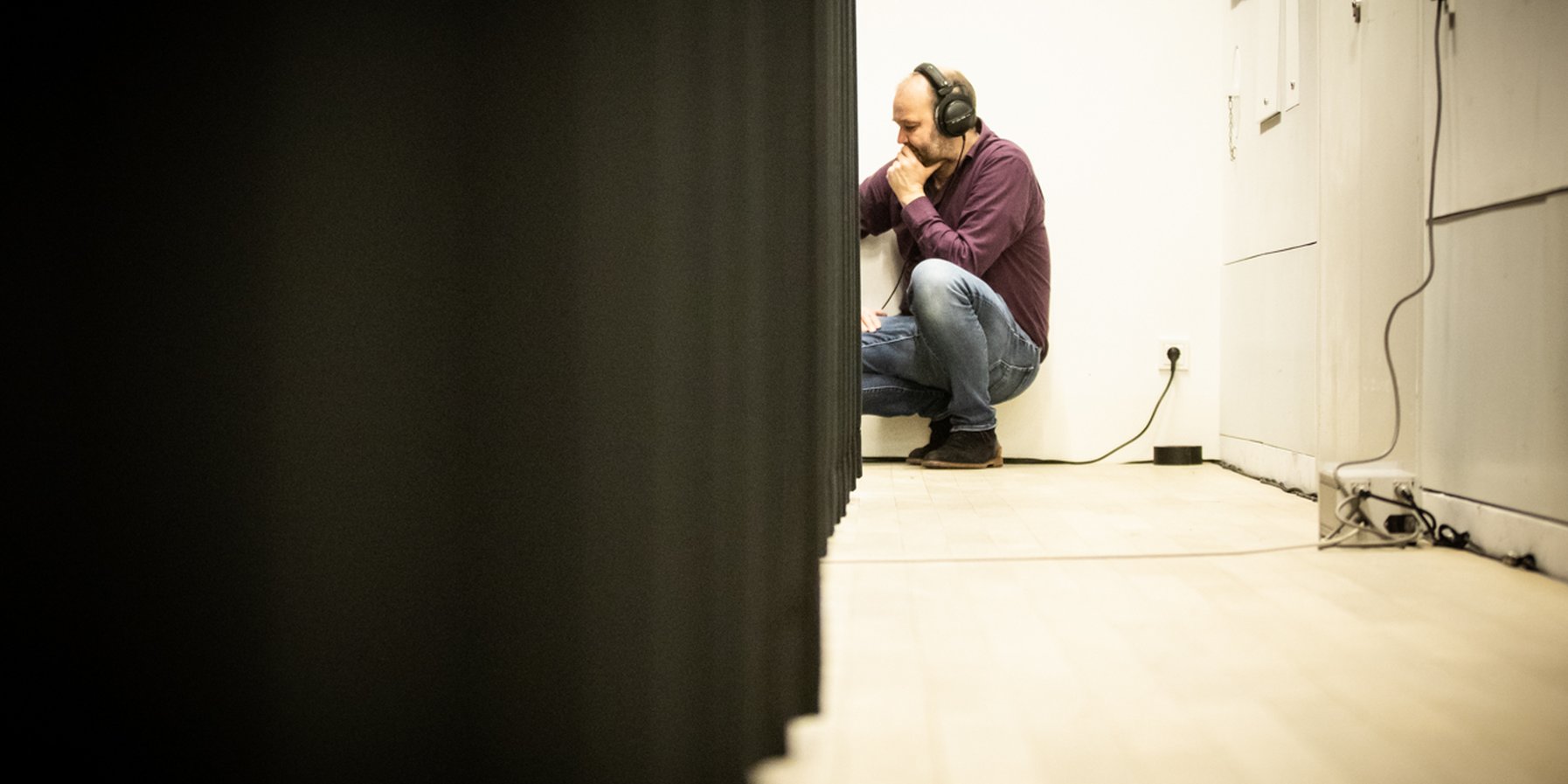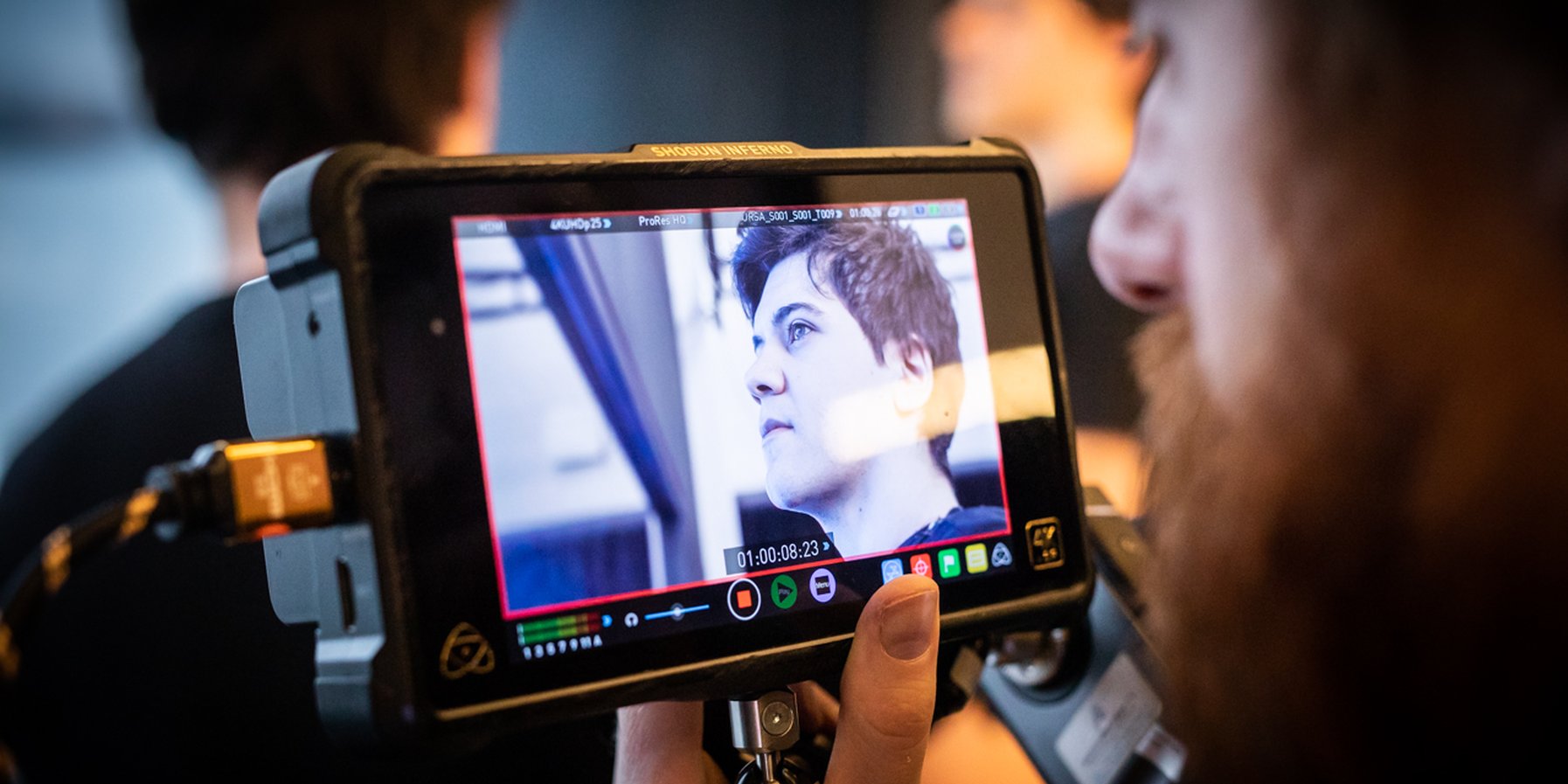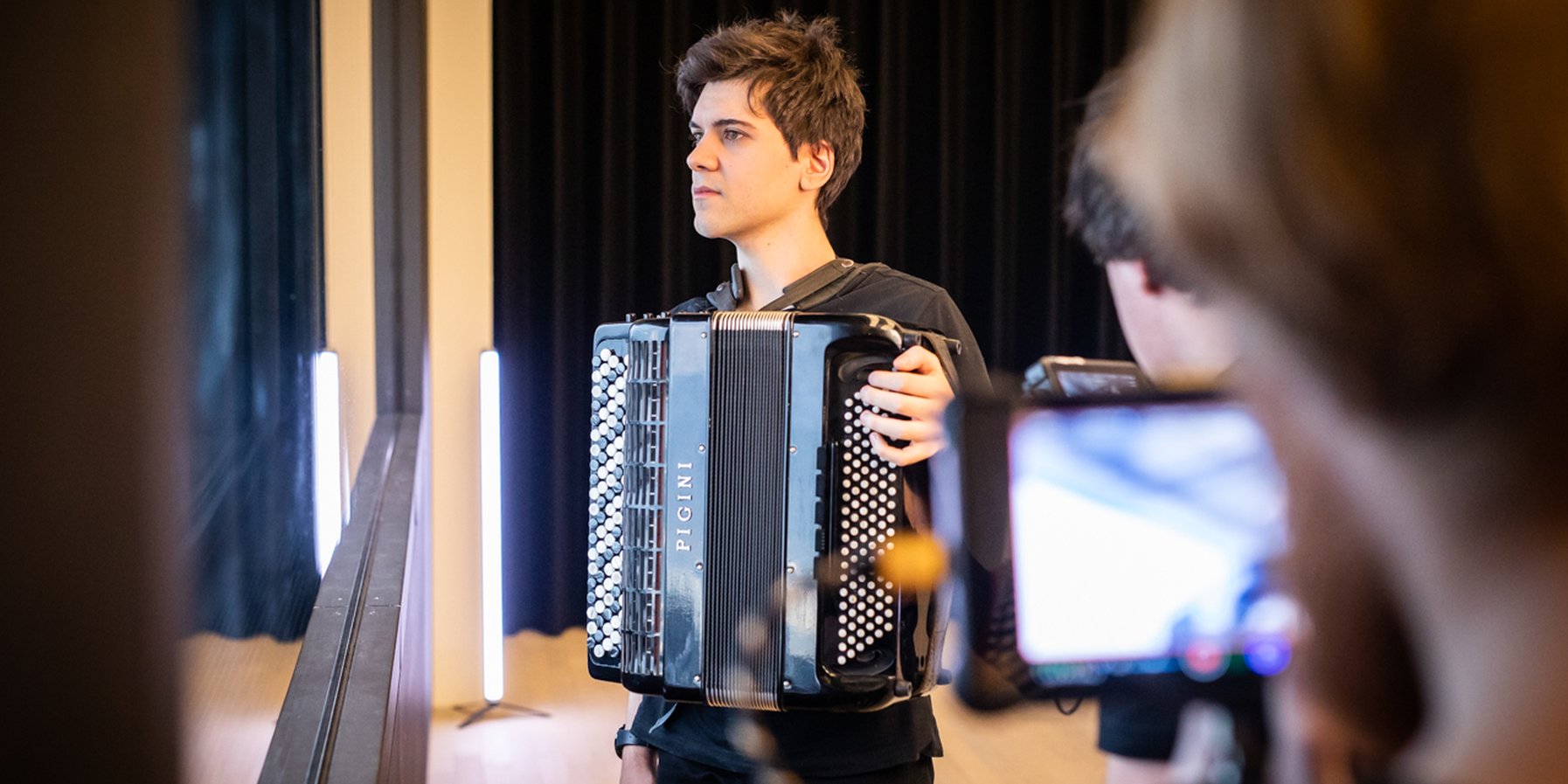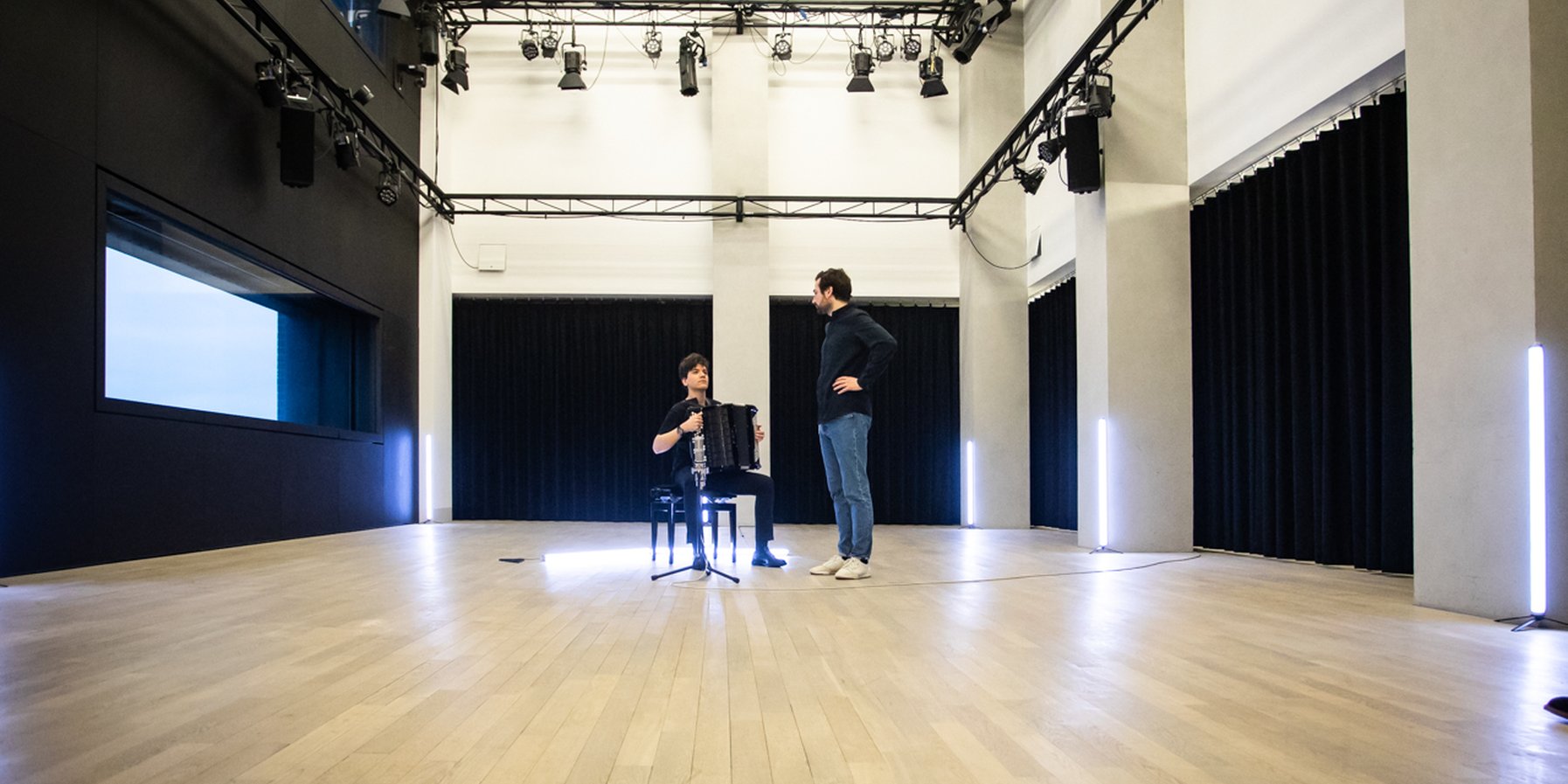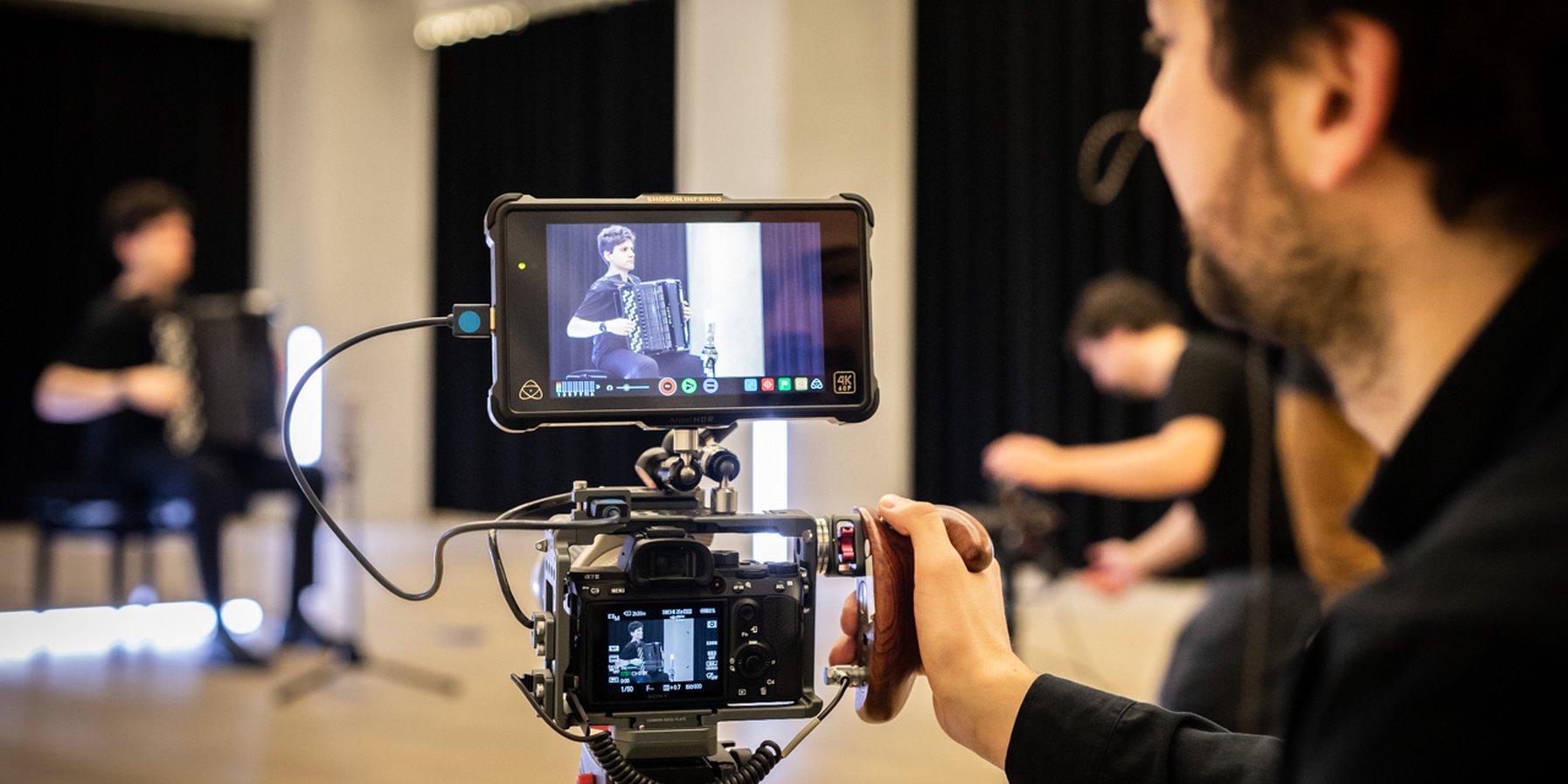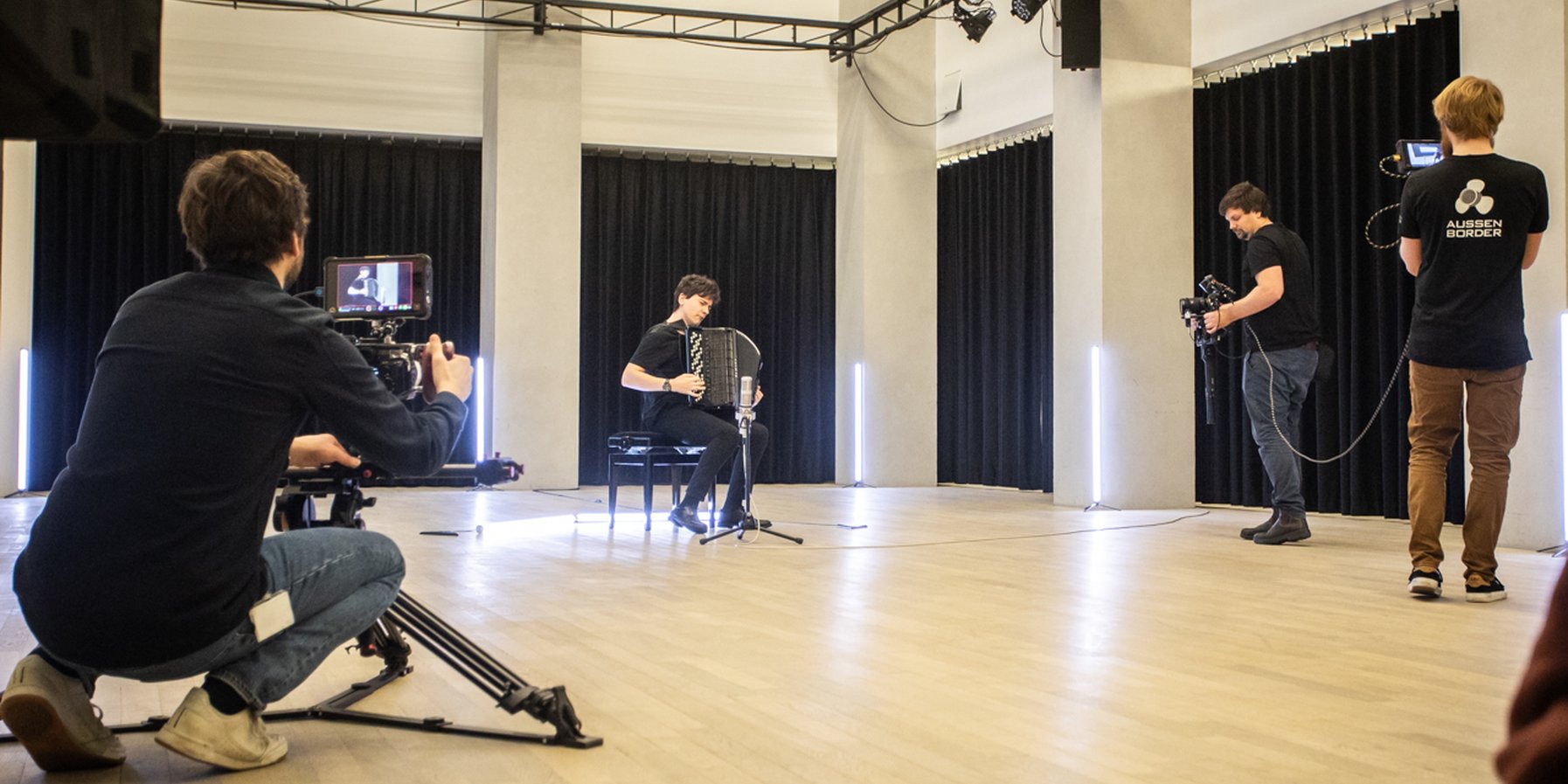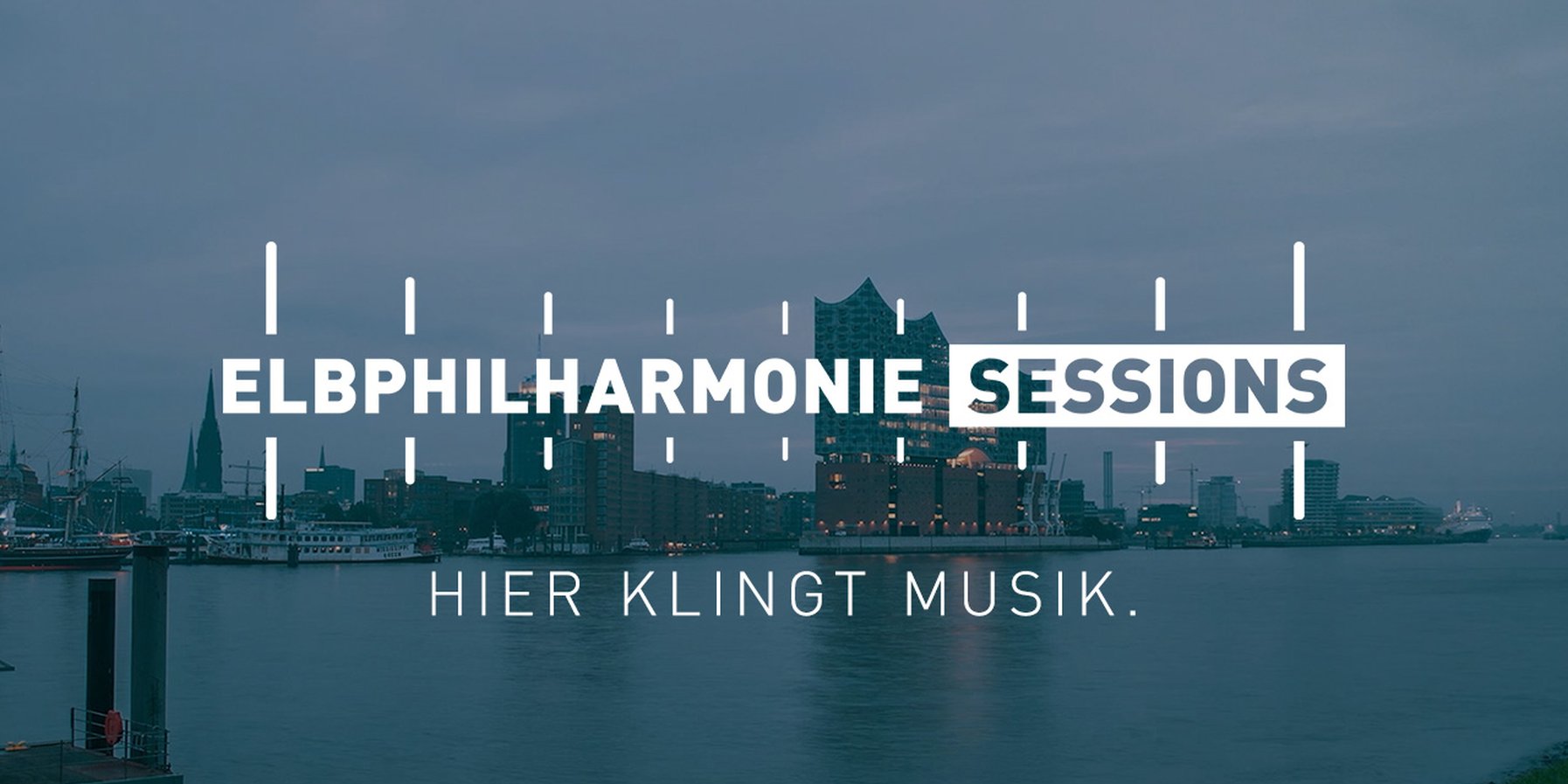The Artist
The accordion is the most important folk music instrument in many countries, and known at the same time for playing sweeping, melancholy tunes – as in Argentine tango, for example. But Portuguese accordionist João Barradas shows that the instrument cuts a good figure in jazz as well. Barradas is one of the most promising artists of the younger generation, alternating nimbly between classical music, jazz and improvisation. He has won numerous awards, appears in the world's most prestigious concert venues, and has played alongside many big names in jazz. He made his Elbphilharmonie debut early in 2020 in the »ECHO Rising Stars« series.
The music :Astor Piazzolla: Otoño Porteño
»En la Argentina se puede cambiar todo menos el tango« – »In Argentina you can change everything except the tango«, said Astor Piazzolla about his early attemps to modernise tango music. In the meantime, the Argentine musician and composer is seen as the king of the »Tango Nuevo«, as an exceptional performer on the bandoneon and a troublemaker who revolutionised the passionate and sultry genre from South America. He breathed new life into the traditional tango, enriching it with new harmonies, angular melodies and jazz elements, and incorporating features of classical music, rock and pop.
With his »Cuatro Estaciones Porteñas« he created a Latin-American counterpart to Vivaldi's »Four Seasons«. The individual pieces describe sensitively how Argentinians experience the seasons in their capital city. But they weren't originally planned as a cycle: »Verano porteño« (Summer in Buenos Aires) was written first, as incidental music for a play in 1965. It was followed four years later by »Otoño Porteño« (Autumn in Buenos Aires), then Piazzolla wrote the other two movements in 1970, »Primavera Porteña« and »Invierno Porteño« (Spring and Winter in Buenos Aires).
The location
In earlier times, merchandise used to be loaded from ships through cargo hatches directly into the quayside storehouse or »Kaispeicher«. Nowadays, this building houses the Kaistudios, which are home to the Elbphilharmonie World of Instruments and a wide range of music education programmes. The biggest of the studios is Kaistudio 1, the Elbphilharmonie's third hall, where concerts, talks, experimental music and workshops for up to 150 people take place.

About the series
Artists record exclusive music videos at the Elbphilharmonie and Laeiszhalle for Elbphilharmonie Sessions – sometimes in unusual locations offstage. Discover the concert halls from the inside. Discover what they sound like.
Text: Anastasia Päßler (Stand 30.04.2020)
